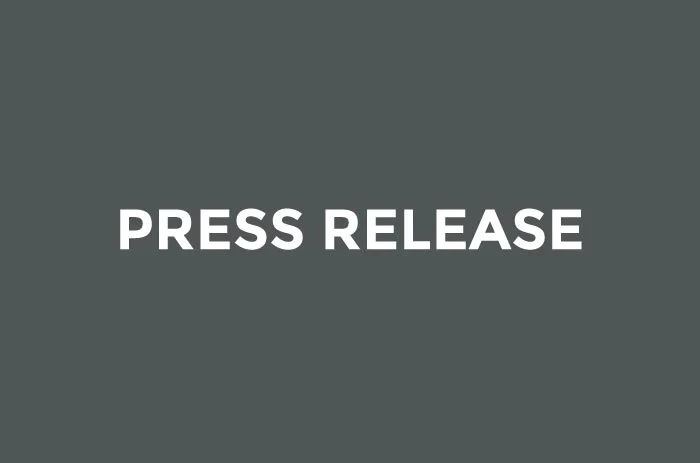The Elimu Bora Working Group is concerned that the education sector in Kenya is on a downward trend. Almost every pillar guaranteeing inclusive, free, quality public education has been destroyed.
Of urgent concerns are the transition to Grade 9, inadequate funding of education at basic and tertiary levels, wastage of public funds and exploitation of students and parents, and poor policy implementation in the education sector.
Transition to Grade 9
It has become apparent that characteristically, the ministry of education has exhibited poor planning and ill-preparedness to manage the transition of junior secondary school students from Grade 8 to 9 in 2025.
Government funding for building Grade 9 classrooms in junior secondary schools has left many institutions out. Nearly five out of every six schools have been excluded, supposedly because the national government’s constituency development funds had already supported them.
Of the 80,000 JSS teachers indicated by TSC to have been recruited, the proportion per school is low and incapable of easing the pressure on teachers to cover all subjects. On average, the schools have three JSS teachers per institution.
The teaching and learning materials, including teaching guides and student textbooks, are inadequate and overpriced. Libraries, laboratories, workshops, and sports support facilities have yet to be developed.
Funding of education at basic and tertiary levels
Despite the constitution’s clear guarantee of the right to education for all, and free and compulsory basic education for every child, financial barriers are increasingly obstructing access to this right.
The constitution also assures that individuals with disabilities have the right to access integrated educational institutions and facilities. The state is required to take measures, including affirmative action, to ensure access to relevant education, training, and employment. Yet, these individuals continue to face challenges due to erratic policy decisions and poorly implemented programs.
The Basic Education Act of 2013 prohibits collecting tuition fees in public schools so that no parent or guardian can be charged for their child’s education. However, in practice, hidden costs, including admission and tuition fees, continue to burden students and their families, contrary to the law.
At higher level, students in TVET institutions and public universities have faced arbitrary fee demands, even beyond the scope of the Higher Education Loans Board Act. This has sparked outrage, culminating in a High Court decision on December 20, 2024, which declared the new university funding model discriminatory and unconstitutional. Efforts by the government to appeal this verdict further undermine students’ right to access quality education and training.
Wastage of public funds and exploitation of students and parents
According to the Auditor-General’s audit report, public schools have been cited for misusing funds allocated for education, sometimes diverted to private use. Meanwhile, many students are regularly sent home over fee arrears. Those who fail to settle their fees face frustration when attempting to clear their exit, as their academic documents are withheld.
Poor policy implementation in the education sector
Even though there are clear legal provisions, including the Basic Education Regulations and the Education Standards and Quality Assurance Regulations, poor implementation of policies and laws leaves students vulnerable and compromises educational quality.
Although courts have ordered the establishment of the Standards and Quality Assurance Council to enforce education standards and quality, this order has not been implemented. The council is intended to oversee standards in basic education institutions, administer policies and guidelines, supervise curriculum delivery, monitor assessments and examinations, and evaluate the quality of services provided by the education ministry, semi-autonomous agencies, and commissions involved in basic education.
EBWG calls for the government to:
- Set up immediate support for Grade 9 students to help them prepare for senior school.
- Make free, quality education accessible to all leaners, starting January 2025.
- Ensure parents and guardians do not pay tuition or admission fees.
- Stop school heads from misusing and wasting public funds in education institutions and recover the misused funds as identified by the Auditor-General.
- Quickly establish the Standards and Quality Assurance Council to uphold education standards.
- Restore integrity in exams, starting with the release of the 2024 KCSE results.
- Enable students choose courses and enroll in schools, colleges, and universities based on merit, not their ability to pay.

